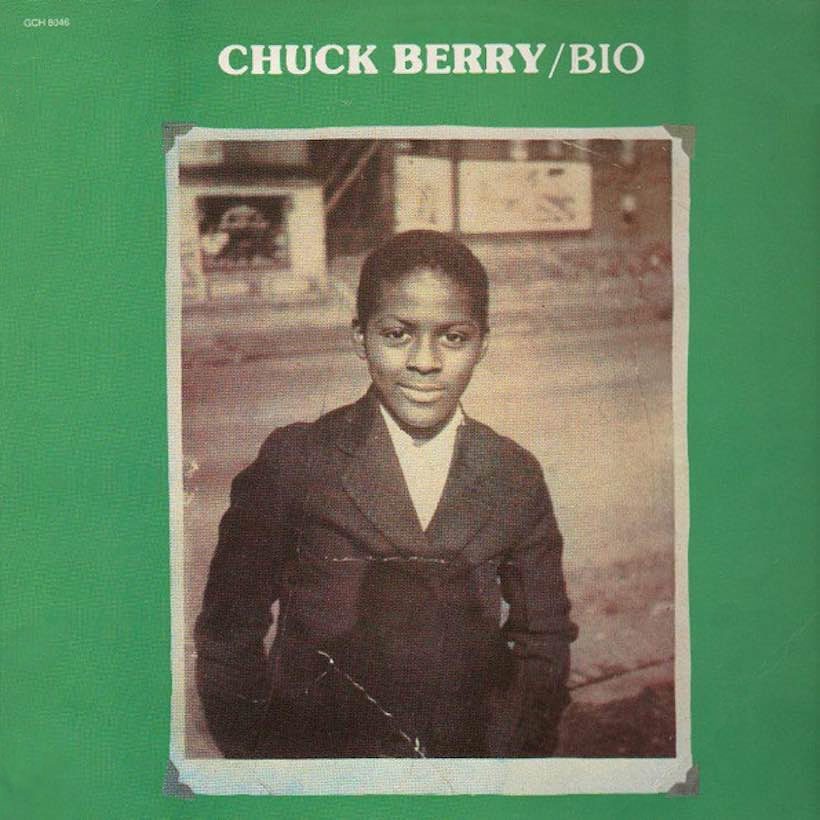The ‘Charles Berryn’ Tapes: When Young Chuck Berry Went Not-So-Incognito
For Chuck’s first recording session, he tried to hide his identity from his disapproving and highly religious father.

Legions of fans of rock’n’roll instigator Chuck Berry know that his birth name was Charles Edward Anderson Berry, and that he was born in St. Louis, Missouri in 1928. It’s less well known that when he went into a recording studio for the very first time on August 13, 1954, he went by the name of Charles Berryn, with an extra “n.”
It’s said that the young artist wanted to keep his musical adventures from his deeply religious parents, Henry and Martha, who were deeply religious. His father, a baptist deacon, disapproved of the couple’s fourth child, of six, playing secular music.
A name in St.Louis
Already 25 by this period, Chuck’s chequered past had included time in a reform school, and a spell working for General Motors. By the early 1950s, he was building a reputation in local clubs, especially after joining drummer Ebby Hardy in the trio of Johnnie Johnson, both of whom would become Berry’s collaborators, as pianist and drummer respectively on his early hits.
On that date in 1954, Berry made his studio debut on a date for Joe Alexander and the Cubans, at Premier Studios in his home town. Alexander was known to his following as Calypso Joe, and the single was for Oscar Washington’s small Ballad label. Chuck had used the thin disguise of the “Berryn” name before, as advertised on a poster for a show in 1953 outside of his usual St. Louis locale. The playbill included his own photo, so he must have been hoping that his father wouldn’t see it, especially as the little-adjusted name was so transparent. There were also gigs for him at the city’s Crank Club.
The recording session was a full nine months before the much better-known date at Universal Studios in May 1955, immediately after his signing to Chess Records. There, he recorded his sensational debut hit “Maybellene” and its B-side “Wee Wee Hours.”
The earlier date took place at Premier Studios’ location on 3333 Locust Street in St. Louis, where two sides were cut for a single release on Ballad Records, “I Hope These Words Will Find You Well” and “Oh Maria.” Joe Alexander sang lead vocals while Berry (or “Berryn”) shared guitar duties with Oscar Washington, himself going by another name, Faith Douglas. Freddy Golden played bongos on the session. Although Chuck is not officially credited with any vocals, some observers have noted that “Oh Maria” does sound close to his young style.
Nine months later, Chuck was happy to be himself, but for this unlikely chapter, his career was still something of a secret.
Listen to uDiscover Music’s Chuck Berry Best Of playlist.












